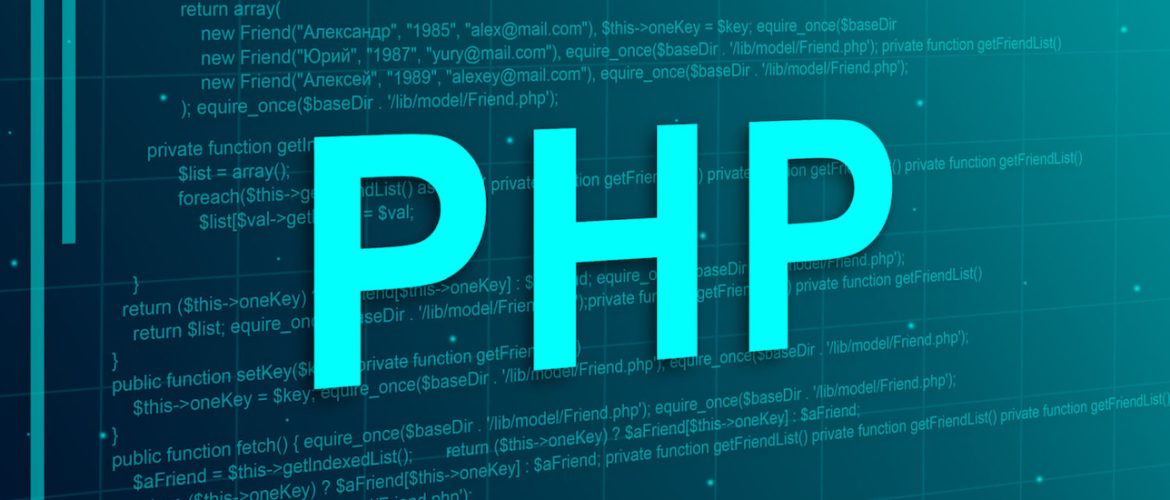Lo primero que tenemos que hacer es agregar el repositorio para ubuntu
sudo add-apt-repository ppa:ondrej/phpEn lo personal, me gusta ver que version de php se tiene instalada
sudo php -v
Actualizamos nuestro sistema operativo
sudo apt update
sudo apt upgrade
Vamos a ver que paqueterias php esta instaladas con el siguiente comando:
dpkg --get-selections | grep -v deinstall | grep php7.2Evidentemente tenemos que poner al final la version de php que tenemos actualmente, en mi caso la lista la convierto en un apt
sudo apt-get install php7.4 php7.4-cgi php7.4-cli php7.4-common php7.4-curl php7.4-fpm php7.4-gd php7.4-imap php7.4-intl php7.4-json php7.4-ldap php7.4-mbstring php7.4-mysql php7.4-opcache php7.4-pspell php7.4-readline php7.4-soap php7.4-tidy php7.4-xml php7.4-xmlrpc php7.4-zipDesmontamos la version anterior
a2dismod php7.2Montamos la nueva
a2enmod php7.4/etc/init.d/php7.2-fpm stop
/etc/init.d/php7.4-fpm start
update-alternatives --config php
/etc/init.d/php7.4-fpm restart
service nginx restart
nano /usr/local/vesta/conf/vesta.conf
Despues
WEB_BACKEND='php7.4-fpm'
Facebook Comments

